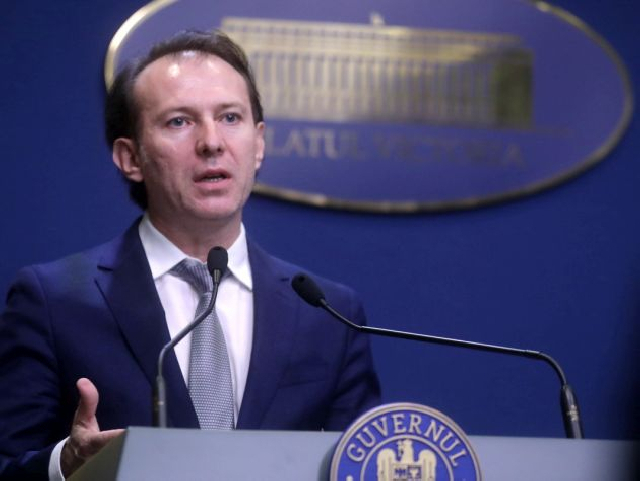Economic measures to overcome the crisis
Romanias finance minister details measures taken to fight economic effects of coronavirus pandemic.

Corina Cristea, 05.10.2020, 13:50
The government’s main concern after people’s health
is economic recovery and avoiding a prolonged recession as was the case in
2008, the Romanian finance minister Florin Cîțu said. In a post on social media, he detailed
some of the economic measures envisaged to counteract the negative effects of
the pandemic. We prefer to borrow more for the time being and support the business
environment by maintaining financial liquidities and support economic activity,
said the minister, recalling that all countries in the world are supporting
their economies in these times, aware that business will see a process of redefinition
and multinational companies will reposition themselves globally.
The figures show that the package to support Romania’s
economy will exceed 7% of GDP by the end of the year. Some 7 billion euros,
accounting for 3.2% of GDP have been injected into the economy in the first
nine months of the year alone. The biggest help was granted through fiscal
measures amounting to almost 3 billion euros. Reductions on payment of income
tax stood at 52 million euros, while VAT reimbursement was higher compared with
last year. Some 1.5 billion euros went to investments, the largest amount in
the last ten years, said Florin Cîţu. The expenses connected
directly to the pandemic are considerable, he added, and to these add guarantee
programmes amounting to almost 3% of GDP, namely money that goes into the economy
via de banking financial system and is guaranteed by the state.
This
massive stimulus programme has halted the decline of the economy in 2020, so
Romania will manage to avoid going into technical recession this year, and it guarantees
strong economic growth for next year, the minister also said, adding that the
measures will continue. The state is now considering, among others, allowing the
phased-in payment of unguaranteed taxes over the course of 12 months for
companies with outstanding fiscal obligations incurred after the declaration of
the state of emergency on 16th March. Under a draft government order
initiated by the finance ministry, each company in question will have their own
reimbursement calendar. A condition is that these companies do not have
outstanding fiscal obligations dating from before the state of emergency and that
they are not insolvent.






























